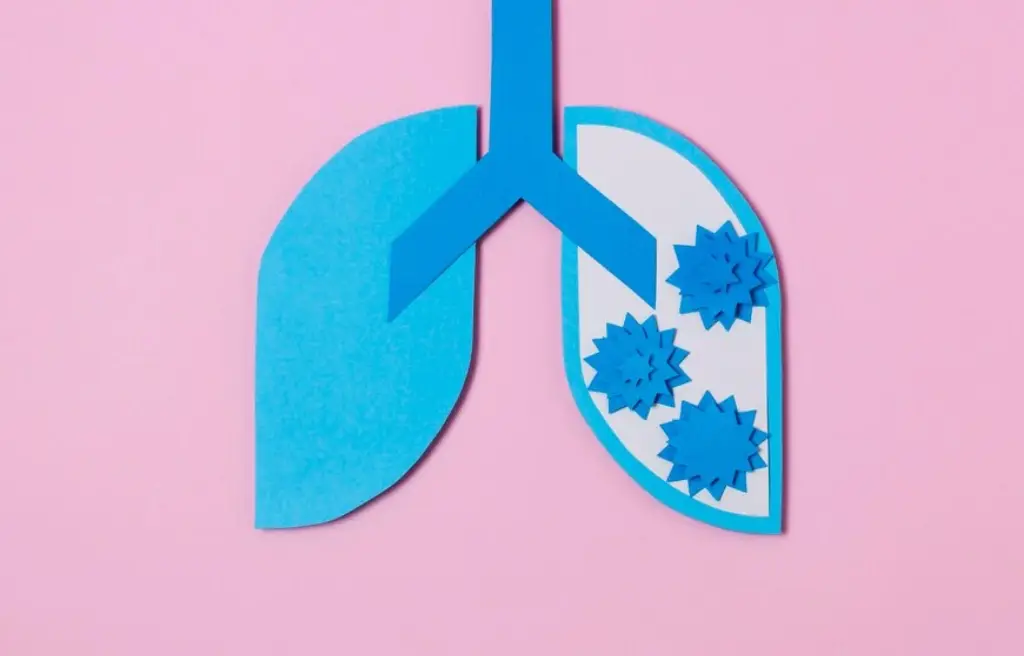Now Reading: Lung Cancer Prevention for Non-Smokers: Stay Ahead of Risks
- 01
Lung Cancer Prevention for Non-Smokers: Stay Ahead of Risks

Lung Cancer Prevention for Non-Smokers: Stay Ahead of Risks
Lung cancer is often associated with smoking, but non-smokers are not entirely immune. In fact, many non-smokers develop lung cancer due to various environmental and genetic factors. Lung cancer prevention for non-smokers is essential to minimize risks and promote overall health. This article explores the symptoms, risks, and preventive strategies to help you stay informed and proactive.
Symptoms of Lung Cancer in Non-Smokers
Recognizing symptoms early is key to lung cancer prevention for non-smokers. Some common warning signs include:
- Persistent Cough: A nagging cough that lasts for weeks without improvement.
- Shortness of Breath: Struggling to breathe, even during light activities, may indicate an issue.
- Chest Pain: Pain that worsens with deep breaths, coughing, or laughing.
- Fatigue: Chronic tiredness or lack of energy, even with sufficient rest.
- Unexplained Weight Loss: Losing weight without changes in diet or exercise.
- Coughing Up Blood: Even small amounts of blood in your cough require immediate medical attention.
If you experience any of these symptoms, consulting a healthcare provider promptly is crucial.
Risks Related to Lung Cancer for Non-Smokers
- Secondhand Smoke Exposure Breathing in smoke from others exposes your lungs to harmful chemicals, which can damage tissues over time.
- Air Pollution Hazards Urban pollution, including fine particles from vehicles and factories, poses a significant risk. These pollutants can penetrate deeply into your lungs and cause long-term harm.
- Radon Gas Exposure Radon is a naturally occurring radioactive gas that seeps into homes from the ground. It’s invisible and odorless, making it a silent threat to lung health.
- Genetics and Family History A family history of lung cancer increases susceptibility, even among those who have never smoked.
- Occupational Exposure Jobs involving asbestos, silica, or hazardous chemicals put workers at higher risk if safety measures aren’t followed properly.
Steps for Lung Cancer Prevention for Non-Smokers
While risks exist, there are concrete actions you can take for lung cancer prevention as a non-smoker:
- Avoid Secondhand Smoke Stay away from areas where smoking occurs. Advocate for smoke-free environments at home, work, and public spaces.
- Test for Radon Use a radon detector to ensure your home is safe. If high levels are detected, take steps to improve ventilation and seal cracks in walls or floors.
- Improve Indoor Air Quality Use air purifiers and avoid burning coal, wood, or other fuels indoors. These measures help reduce exposure to harmful indoor air pollutants.
- Wear Protective Gear at Work If your job involves handling hazardous materials, always wear proper safety equipment and follow workplace regulations to minimize exposure.
- Follow a Healthy Lifestyle Eating a diet rich in fruits and vegetables provides antioxidants that support lung health. Additionally, regular exercise promotes better respiratory function and overall wellness.
- Stay Up-to-Date with Screenings For those with a family history or other risk factors, regular lung screenings can help detect issues early, improving chances of effective treatment.
Why Awareness and Prevention Matter
Lung cancer prevention for non-smokers isn’t limited to avoiding smoking. Environmental factors, genetics, and occupational hazards play a significant role. By recognizing symptoms early and implementing preventive measures, non-smokers can take control of their health and reduce their risk of developing this disease.
Conclusion
Lung cancer is not exclusive to smokers—it can affect non-smokers as well due to secondhand smoke, radon, air pollution, and genetic factors. Prevention starts with being aware of the risks and taking actionable steps, such as avoiding exposure to harmful substances and maintaining a healthy lifestyle. Staying informed and proactive can make all the difference in safeguarding your well-being.
Disclaimer: This article is for informational purposes only. It should not replace professional medical advice. Consult your doctor or healthcare provider for personalized guidance on lung cancer prevention for non-smokers.











